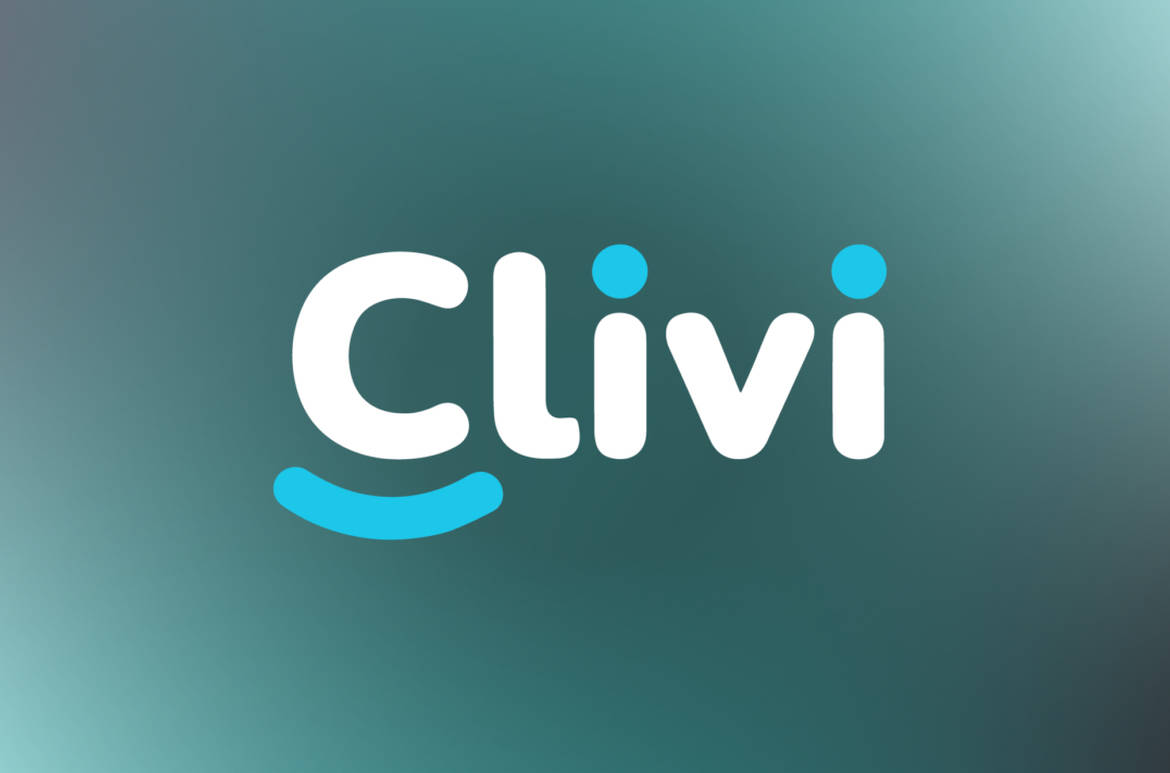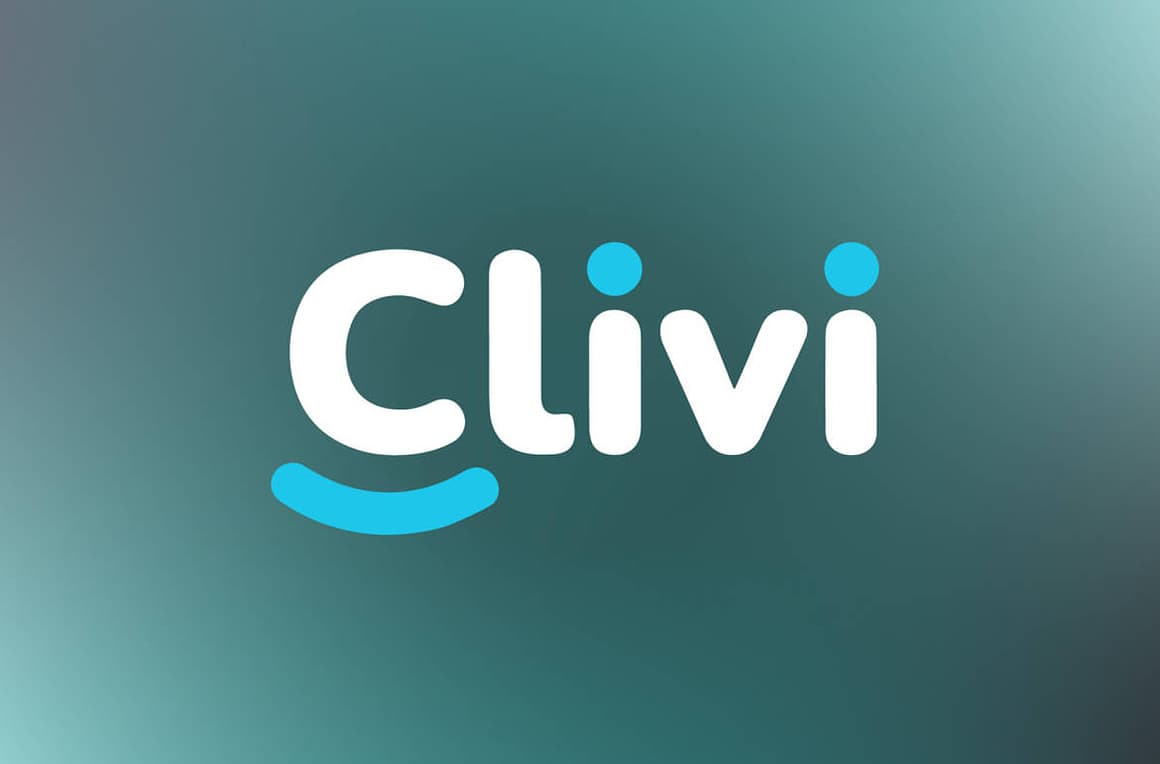Can you help me paraphrase this note: Clivi, the Mexican startup specializing in diabetes care, raised US$10 million in its seed round through a co-led investment by Dalus Capital and Foundation Capital, with the participation of a group of investors, including Cathay Innovation through its C. Entrepreneurs fund, FEMSA Ventures, Quiet Capital, 500, Next Billion Ventures, and Conexo.
The healthtech company plans to utilize the capital to finalize the development of its product and its artificial intelligence technology that automates functions, enabling doctors to enhance their capacity to treat patients.
In addition to the initial group of investors, angel investors such as Ricardo Weder, founder and CEO of Jüstor; Adalberto Flores, founder and CEO of Kueski; Suresh Batchu, co-founder of Trust Networks; Ariel Lambrecht, founder and CEO of Mara; Tara Syed, executive at Meta; and the co-founders of Reina Madre, Vicente Aristegui and Juan Moctezuma, have joined in.
You may also be interested in reading: VIOO, the Mexican startup focused on visual content creation, raises a seed round of $1 million
Ricardo Moguel, founder and CEO of Clivi, highlighted the shortage of endocrinologists in Mexico, with an average of one specialist for nearly 10,000 patients. This means that patients can only see a doctor every three months, despite chronic diseases like diabetes requiring daily decision-making. Aware of this need, Clivi has developed a platform that combines the human aspect with technology, connecting patients with endocrinologists, nutritionists, and psychologists.
Furthermore, users can access monitoring and treatment plans through their preferred communication channel, such as WhatsApp, to improve their adherence to treatment goals and lifestyle changes.
Clivi not only provides the necessary medical support but also supplies all the required equipment, such as glucose meters, test strips, blood testing kits, as well as the required medications.
Since its launch in October 2021, Clivi’s platform has assisted thousands of patients and takes pride in achieving a 94% diabetes control rate within six months. Additionally, the company is experiencing steady growth, with an average of 2,000 new patients joining the platform each month.
What are the implications for venture capital?
- Investment opportunities: The successful raising of US$10 million by Clivi indicates strong demand and potential in the diabetes healthcare sector. This may lead to an increased interest from venture capital firms to invest in startups and companies related to health and medical technology, particularly those addressing critical issues and presenting innovative solutions.
- Greater focus on digital health: Clivi’s investment in its artificial technology system to enhance patient care reinforces the importance of digital health and telemedicine. Venture capital firms may start prioritizing and seeking investment opportunities in startups offering digital solutions in the healthcare field, such as telemedicine platforms, health monitoring applications, and artificial intelligence technologies applied to healthcare.
- Strategic collaborations: The participation of multiple venture capital firms in Clivi’s funding round highlights the significance of strategic collaborations in the investment ecosystem. Venture capital firms may seek partnerships with other investment firms to share risks and expertise in specific areas of interest, such as healthcare. This collaboration can enable them to access larger investment opportunities and diversify their portfolios.
What are the implications for Latin American healthtech startups?
- Increased investor interest: The successful fundraising of Clivi and its focus on diabetes care can generate increased investor interest in Latin American healthtech startups. This can lead to more funding opportunities and support for startups in the region.
- Validation of market potential: Clivi’s fundraising success and its efforts to address healthcare challenges in Mexico validate the market potential for healthtech startups in Latin America. This can inspire and encourage other startups to develop innovative solutions for healthcare issues prevalent in the region.
- Collaboration and knowledge sharing: The involvement of multiple investors in Clivi’s funding round highlights the importance of collaboration and knowledge sharing in the healthtech sector. Latin American healthtech startups can leverage this trend by seeking partnerships with established investors and industry players, which can provide valuable expertise, networks, and resources for their growth and development.
For detailed information, visit: Foundation Capital








